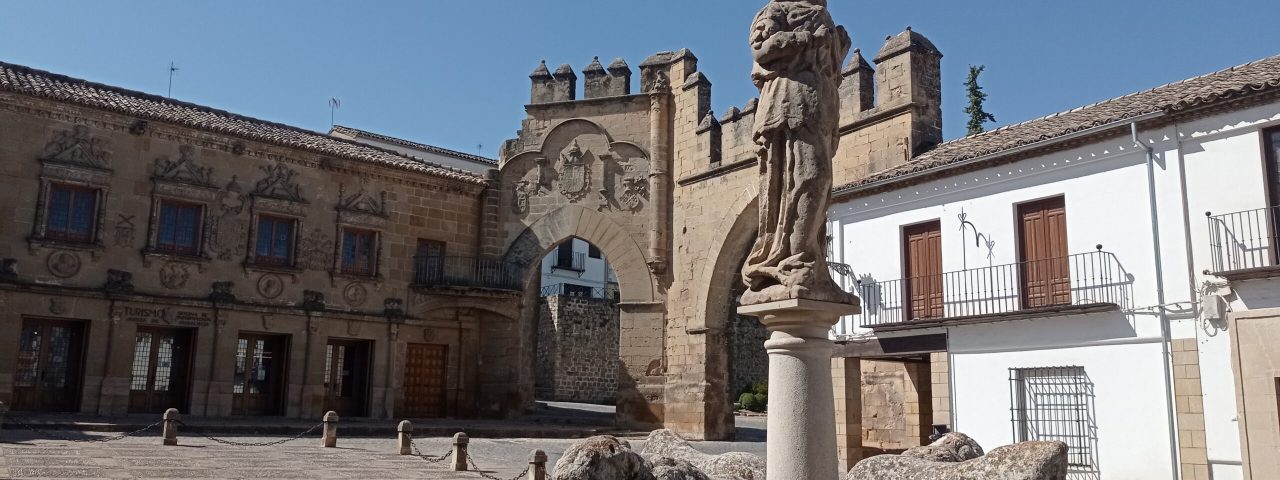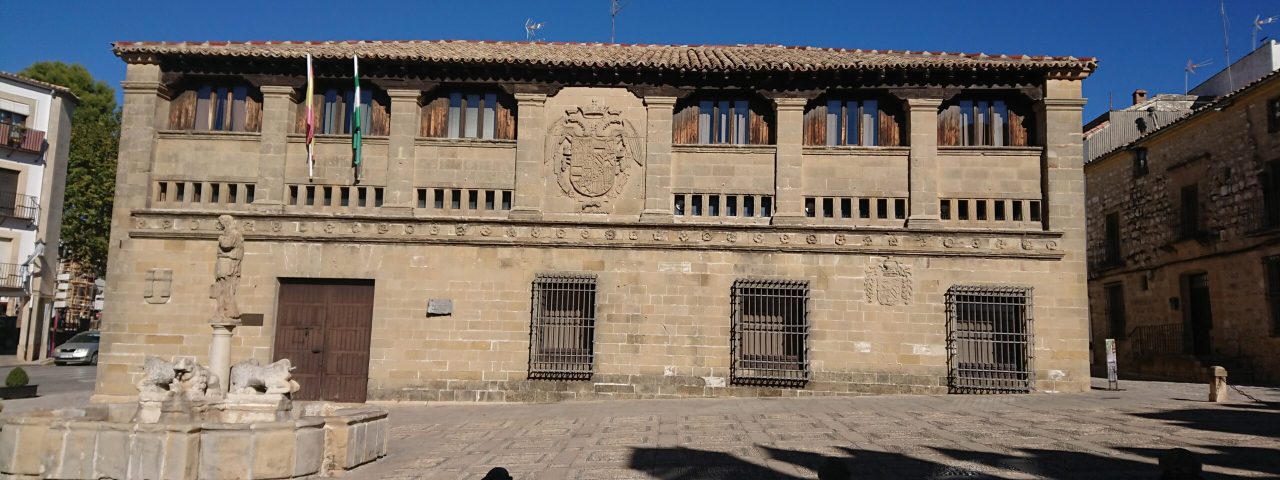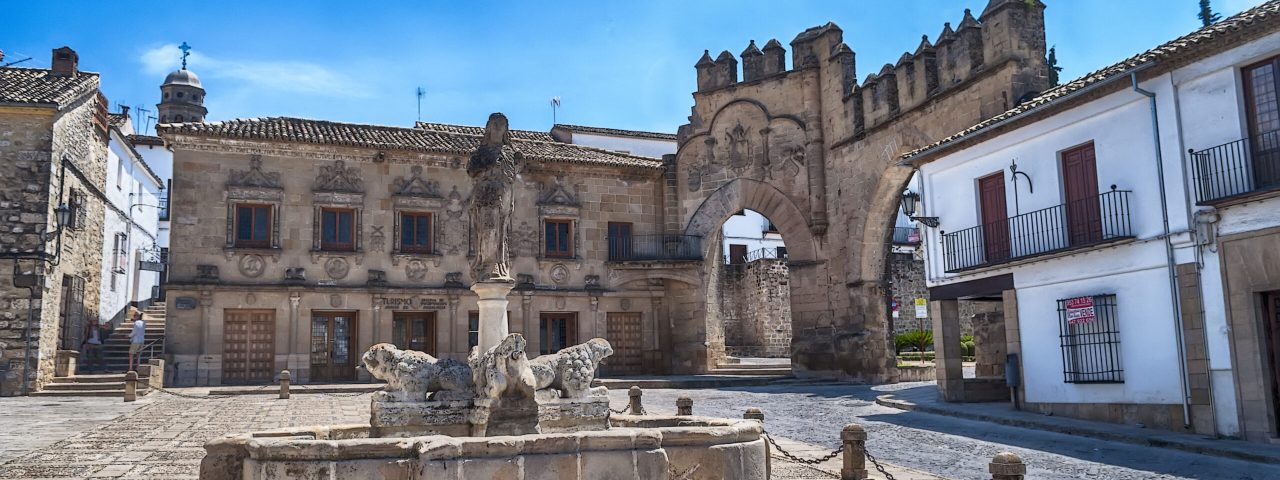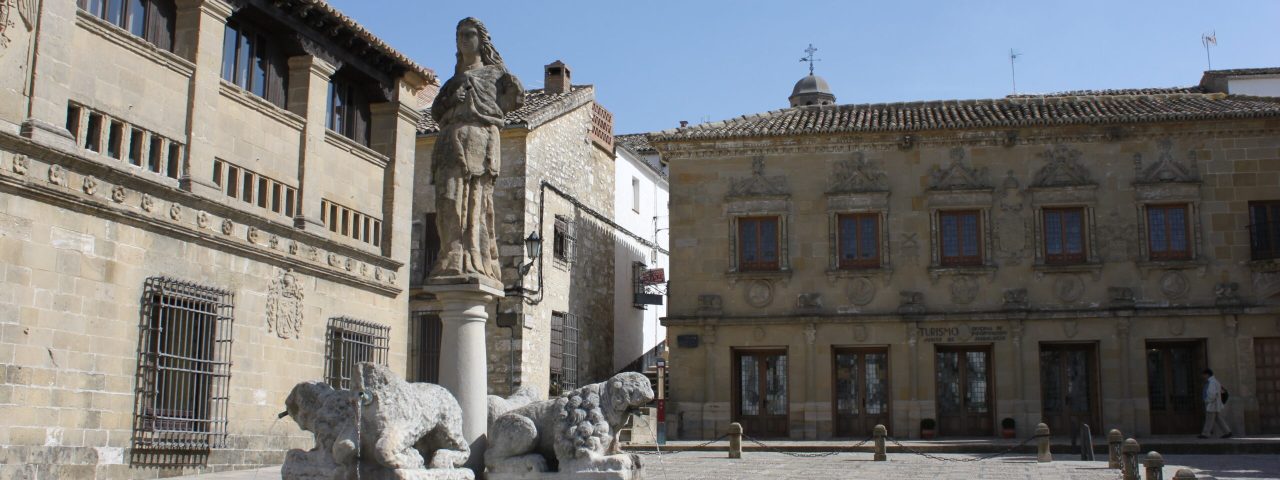Baeza’s history dates back to Roman times, but it reached its height during the Middle Ages, especially during the Reconquista period. After being a key stronghold in the struggle between Christian and Moorish forces, Baeza was reconquered by Ferdinand III of Castile in 1227, marking the beginning of its transformation into a flourishing Christian city. Its Renaissance-era architectural and cultural developments solidified its importance, leading to its recognition as a UNESCO World Heritage site in 2003, alongside neighboring Úbeda.
The city is deeply rooted in Andalusian culture and boasts a number of traditions that have endured over centuries. One of the most significant local festivals is Semana Santa (Holy Week), where processions fill the streets with religious fervor, colorful costumes, and ornate floats. Additionally, the Feria de Agosto, Baeza’s summer fair, is a celebration of local culture, music, and dance, featuring bullfights, concerts, and other lively activities.
Baeza is also known for its ties to Spanish literary history, as the famous poet Antonio Machado lived and taught in the city during the early 20th century. His legacy continues to be celebrated, and visitors can explore sites linked to his time in Baeza.



